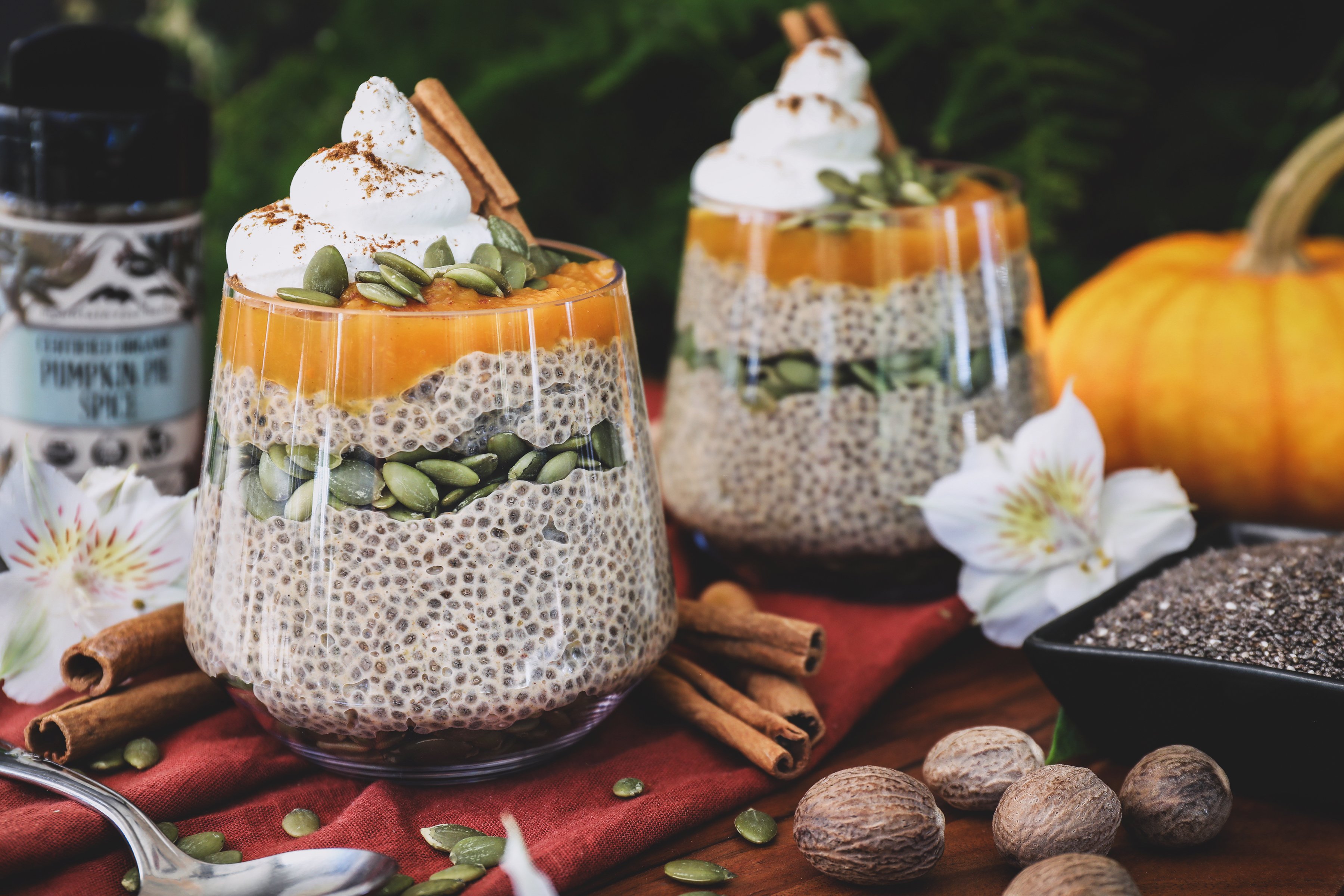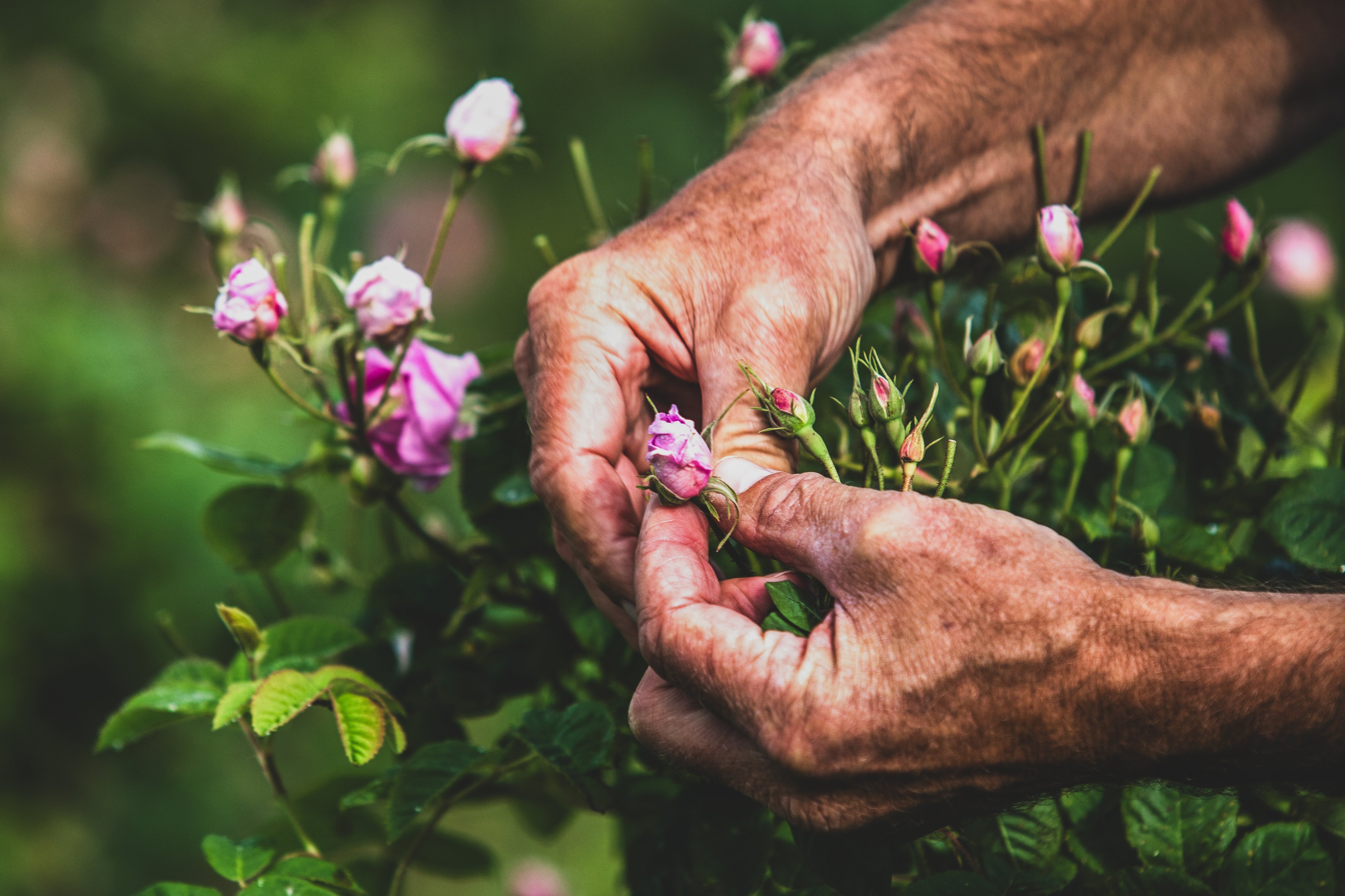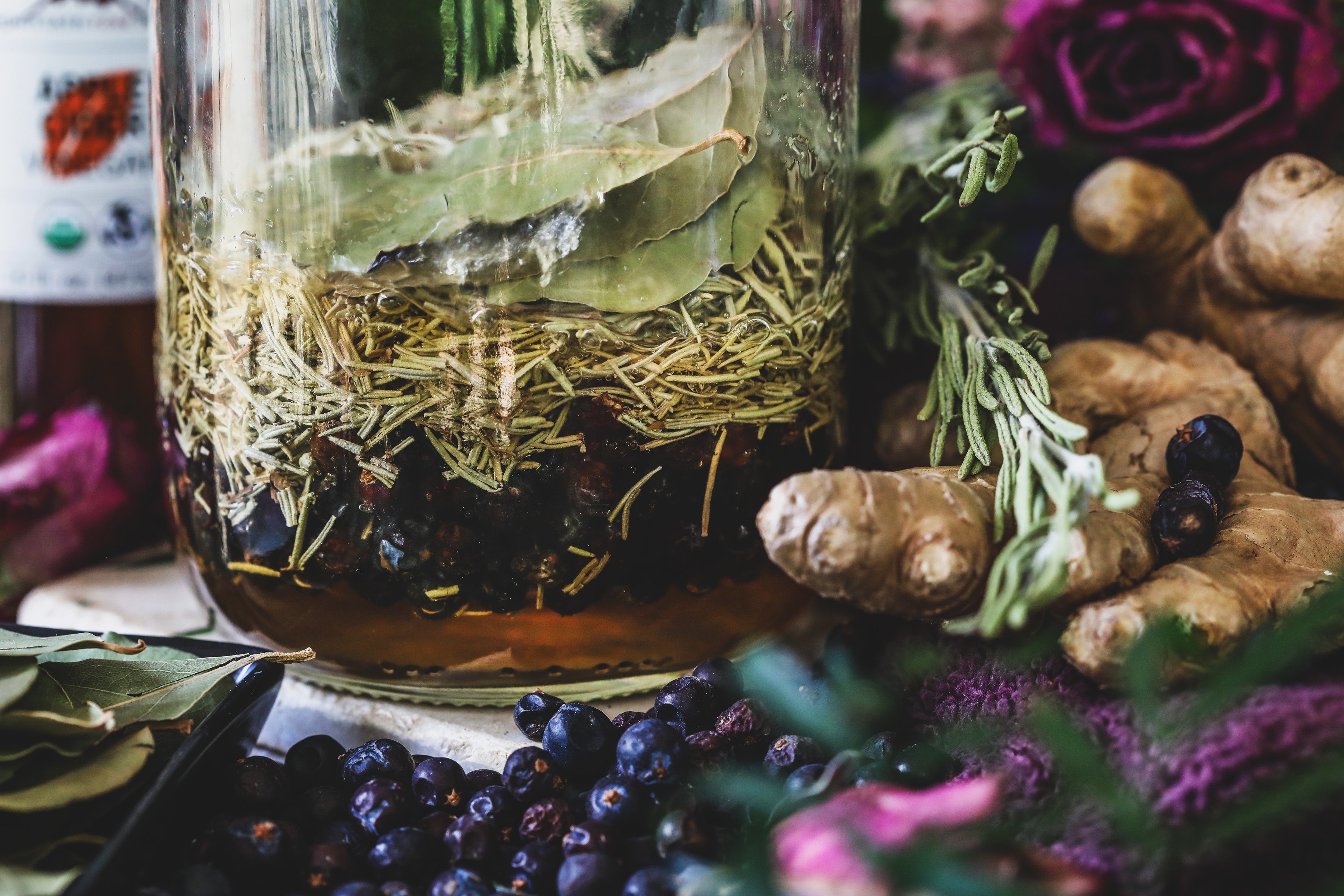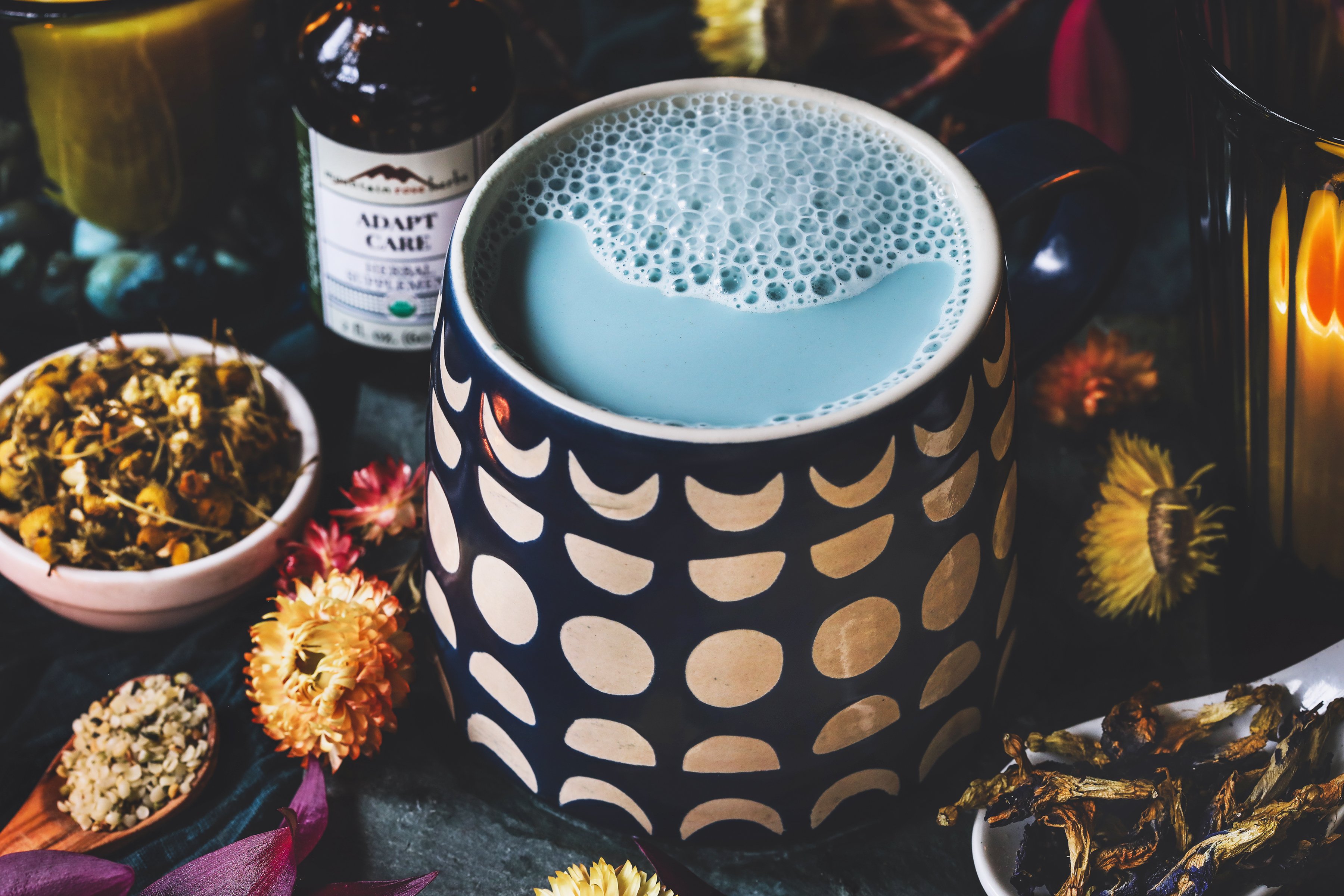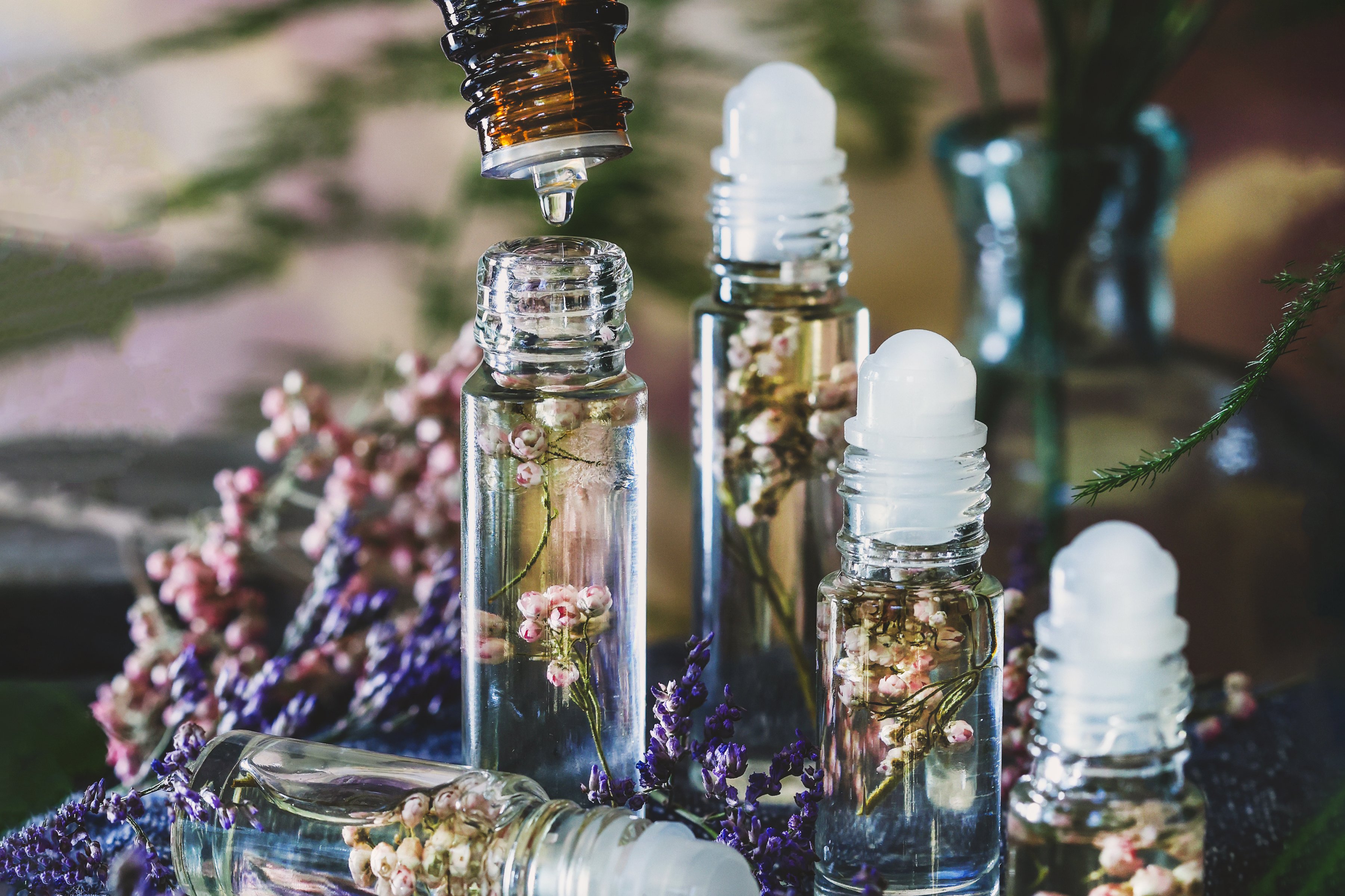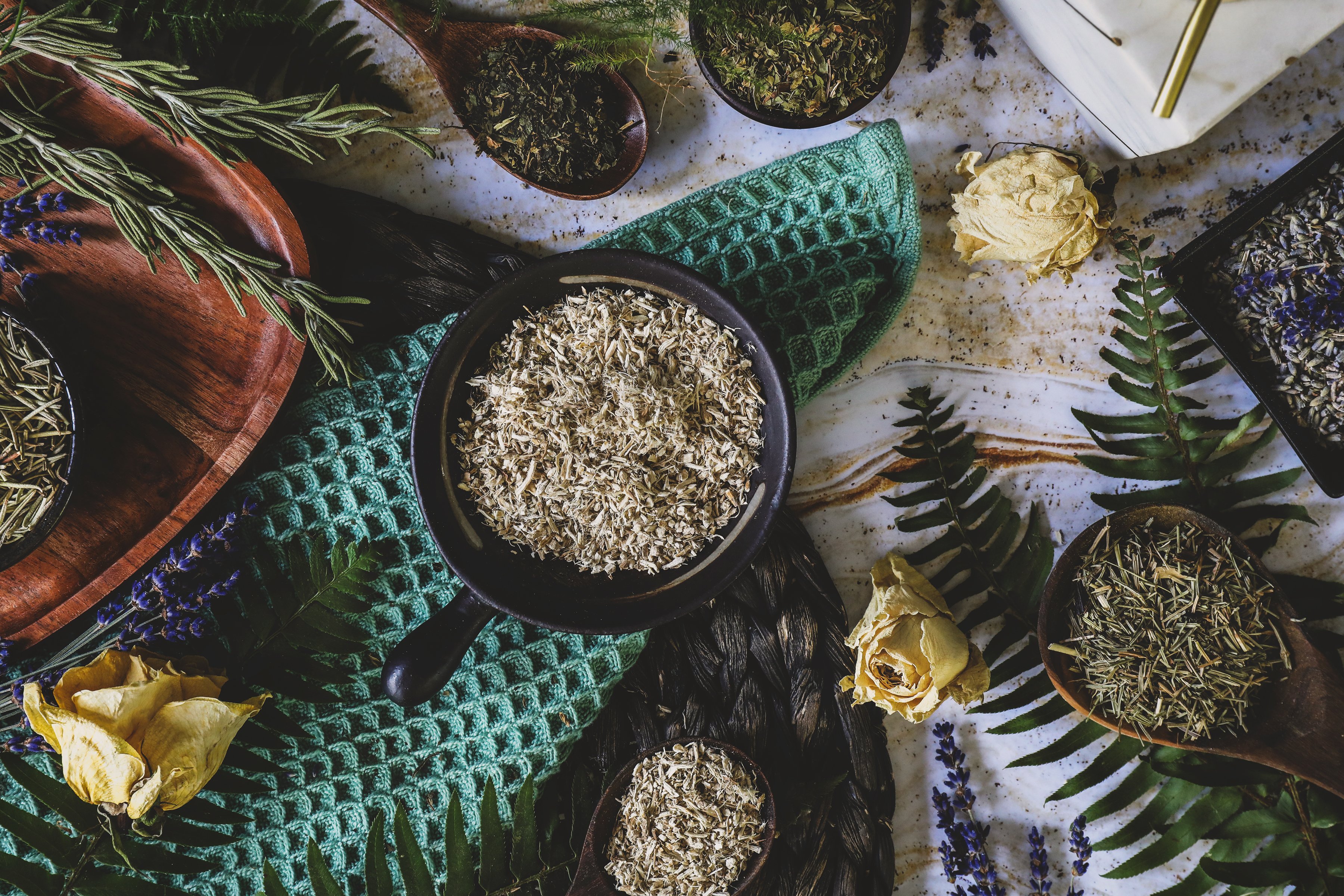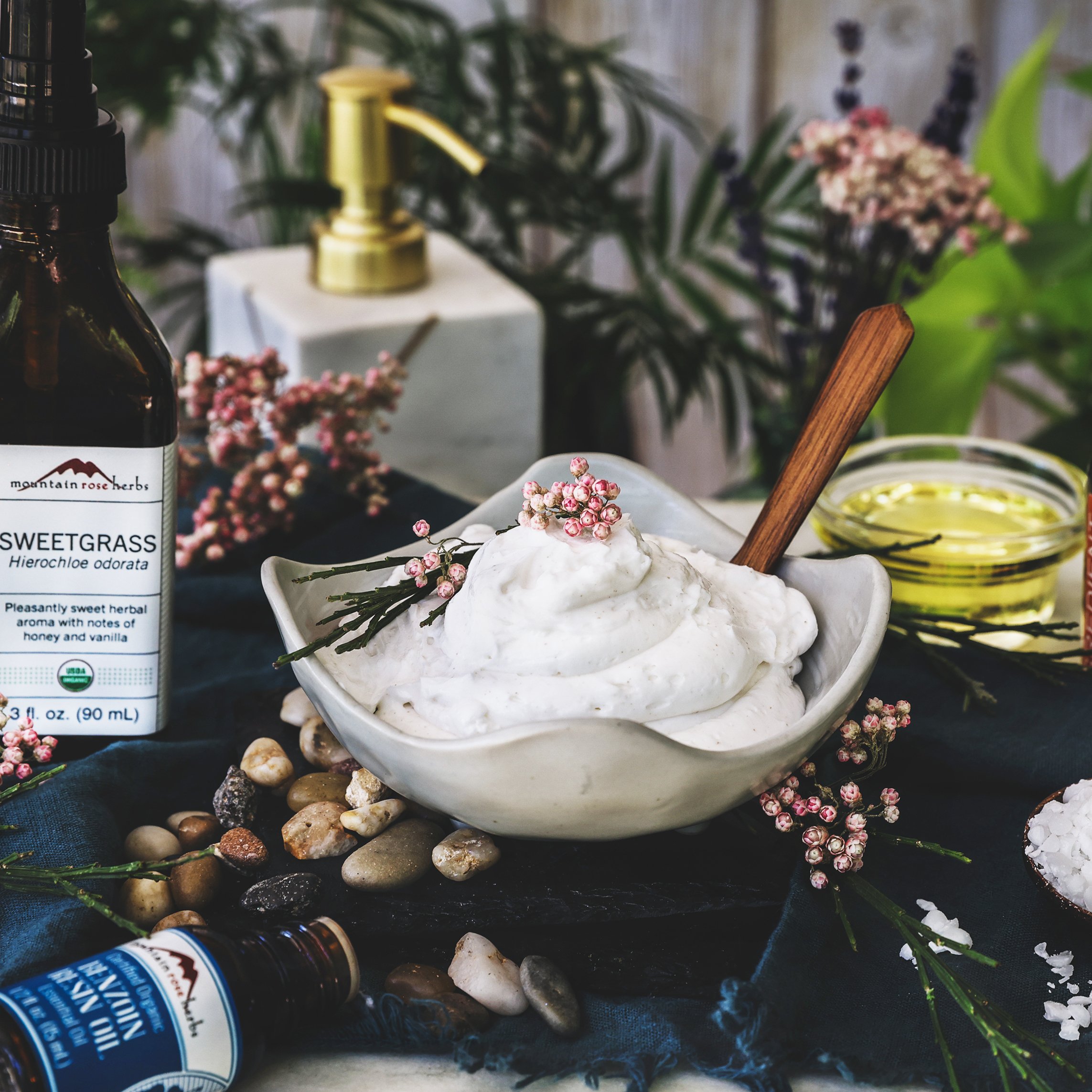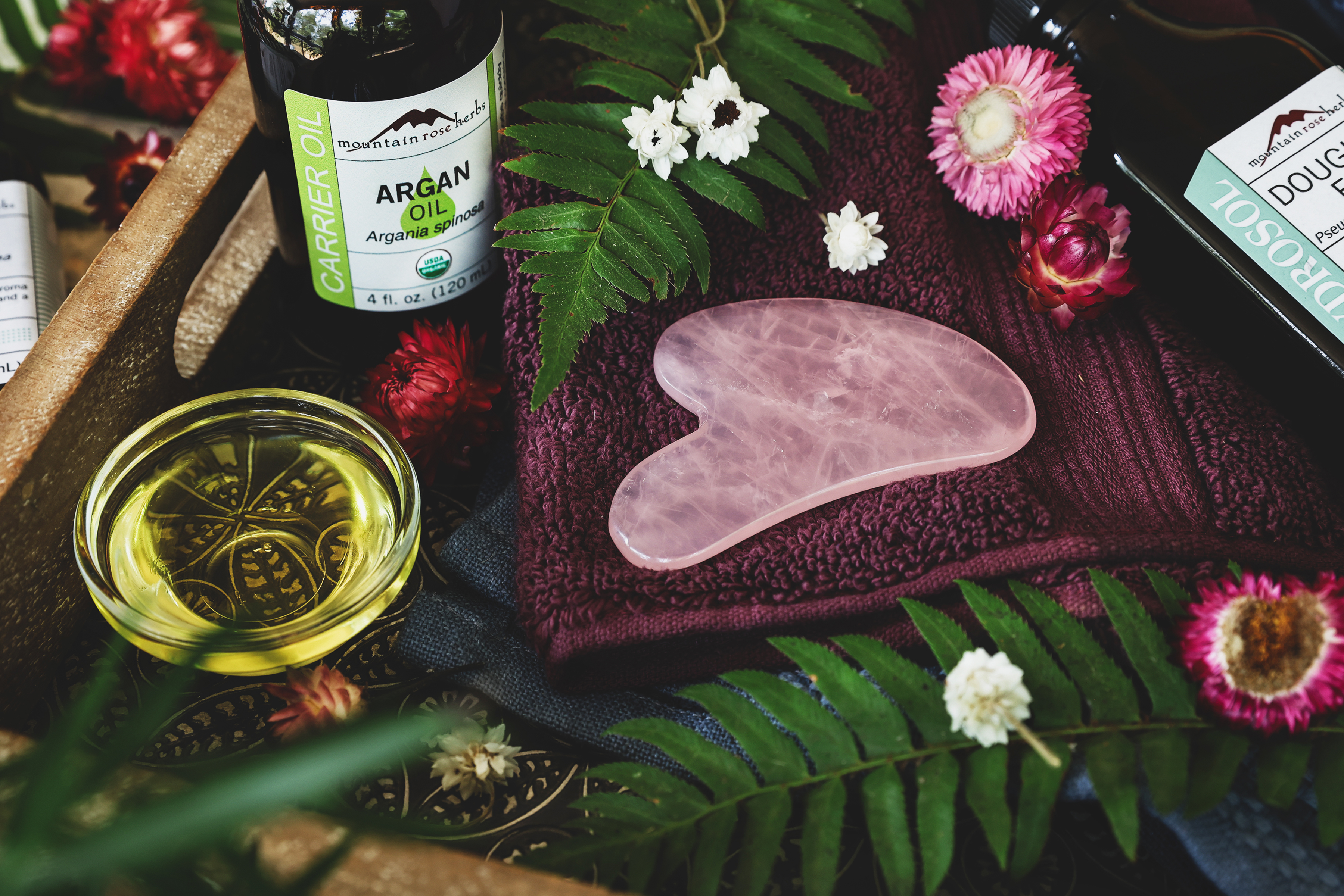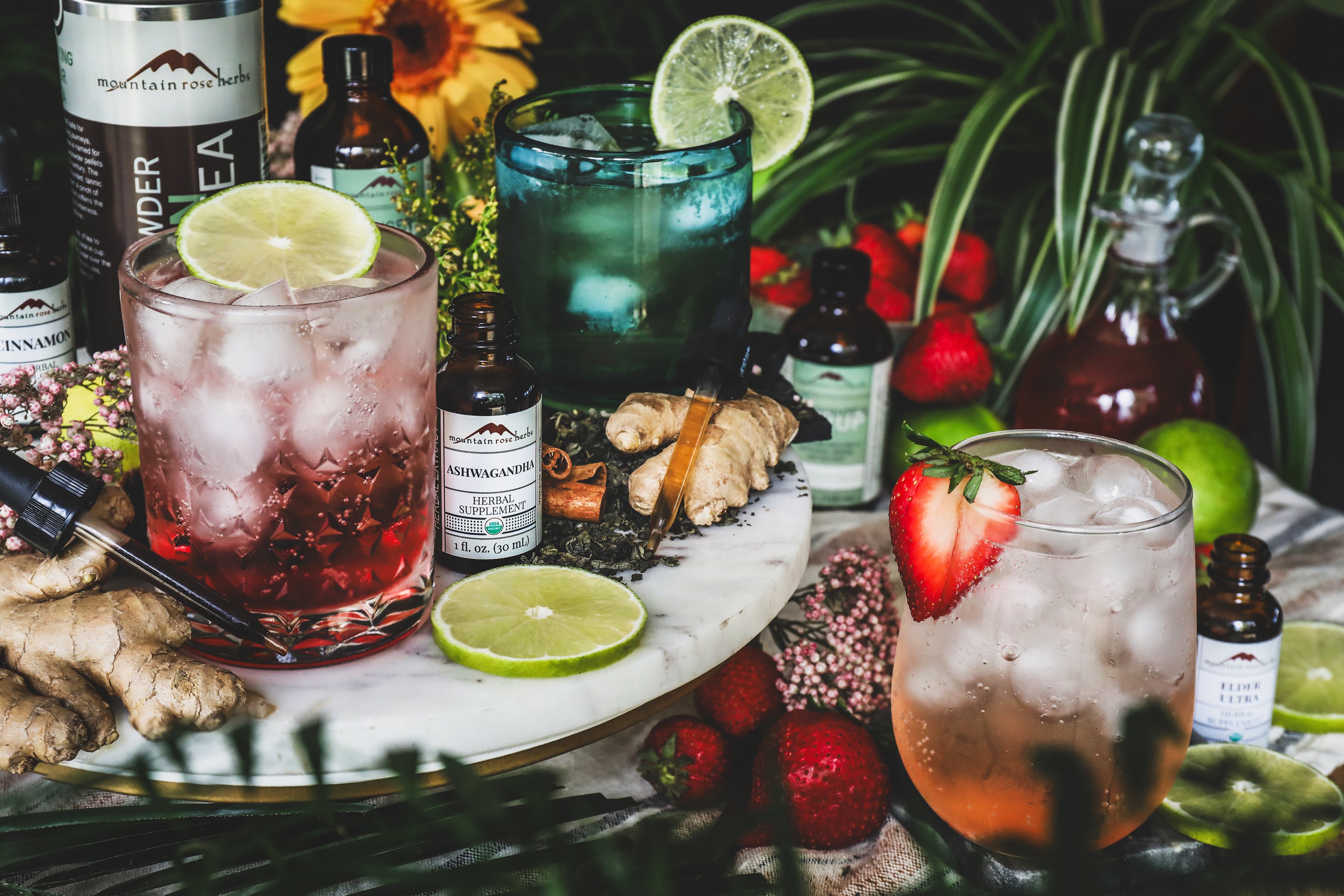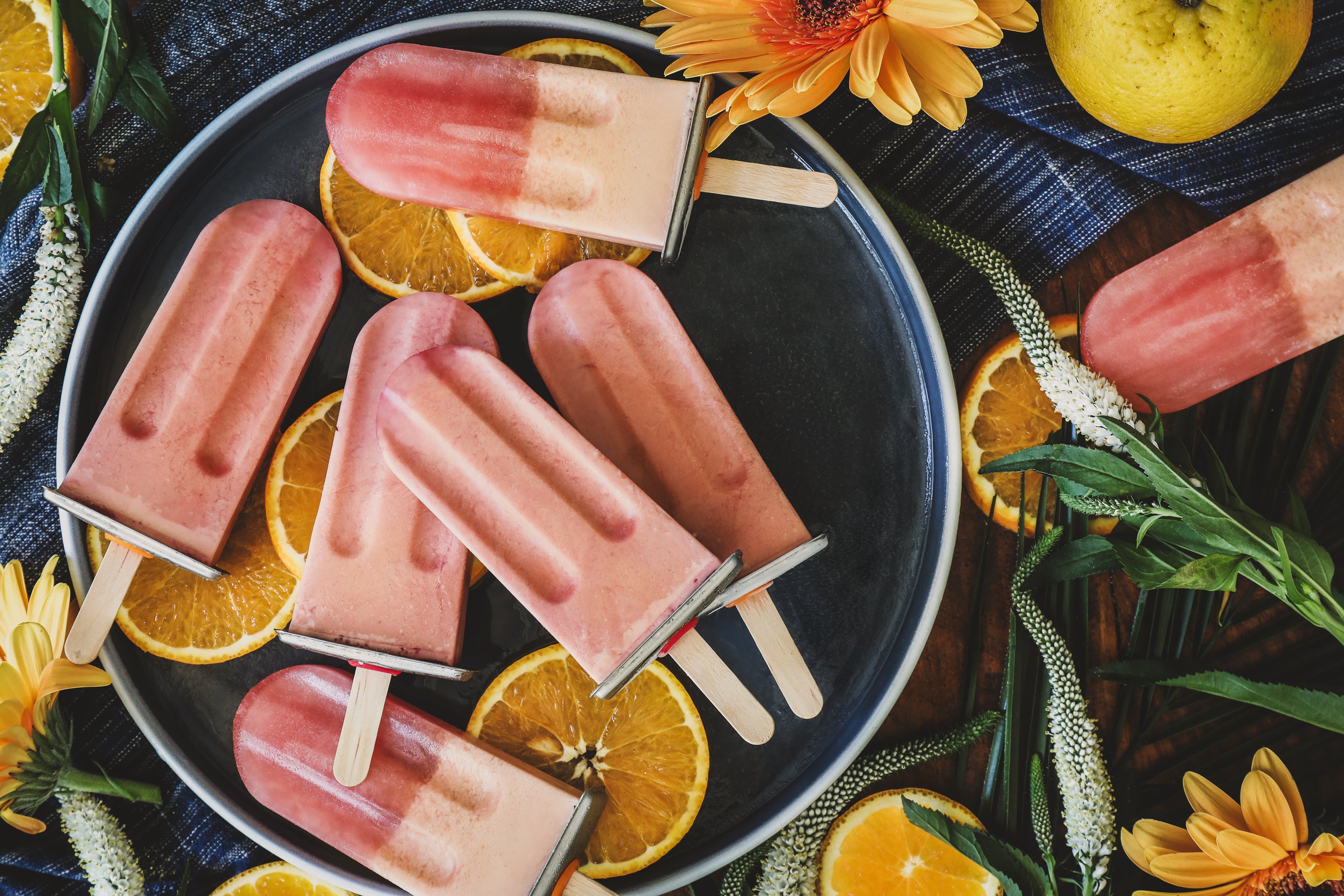I will admit that I was a latecomer to the pumpkin pie spice trend. I still have not had a pumpkin spice latte, for instance. I have been starting to come around though. My turning point came after I tried one of our very own blog recipes, pumpkin pie spice roasted mixed nuts. Ever since that day, I have felt the undeniable pull towards this seasonal favorite. As the days grow shorter and cooler, the warming spices seem to offer the perfect comfort and sense of wellbeing. Naturally, I wanted to celebrate the arrival of pumpkin spice season this year with a recipe variation!
Read MoreOn a warm October afternoon in 2021, roughly 40 personnel from Oregon forest agencies, area tribes, and conservation groups, including the Long Tom Watershed Council, gathered on the Andrew Reasoner Wildlife Preserve outside Eugene. Among them were a dozen Native American firefighter trainees who had spent the week learning the essentials of wildfire suppression. That the culmination of their training would be the deliberate burning of an eight-acre parcel of land might strike some as contrary, even outrageous. As a former National Park Ranger who served as a firefighter in the early 90s, this certainly flew in the face of the training I’d received.
Read More
Irradiation of food is a topic that is increasingly showing up as a point of concern for Mountain Rose customers, so I want to take a minute to talk about this timely subject. The U.S. Food and Drug Administration (FDA) approved the use of food irradiation in 1963 to kill bacteria, molds, insects, etc. in wheat and flour. Today, the FDA has approved irradiation for fruits, vegetables, eggs in the shell, spices and seasonings, sprouting seeds, poultry, crustaceans and shellfish, and red meats. Food irradiation involves exposing foods to one of three different types of ionizing radiation: gamma rays from cobalt-60, x-rays, or electron beams. The FDA uses this technology to improve food safety and extend storage and shelf life. Meanwhile, the United States Department of Agriculture (USDA) National Organics Program (NOP), which oversees the nation’s organics labeling, prohibits the use of irradiation to treat organic products because the process alters the natural state of food. These two opposing views present consumers with something of a conundrum.
Read More
If I told you there’s a pantry staple that can soothe sore muscles and calm irritated skin, would you guess it’s vinegar? It’s true! From minor aches to dry or itchy skin, I turn to herbal vinegar baths. On its own, a cup or two of vinegar in the tub will leave skin soft and rejuvenated with a healthful glow. But herb-infused vinegars take this concept a step further, using plant constituents to boost the already impressive benefits of a vinegar bath.
Read More
On August 30, 2023, we will experience a super blue moon. Astronomers say it will be the closest, biggest, brightest full moon of the year. To me, this super full moon holds the potential to illuminate stagnant thoughts and emotions, both of which are good self-work for me right now. I am planning to spend the evening seeking clarity from these “peripheral” thoughts so I can move into them or on from them healthily and productively.

Welcome to part three of my Elemental Perfume Blend series. What started as a journey to create fun DIY party favors for my upcoming wedding has turned into a rabbit hole of perfume recipe development. So far, I have shared an Earth Goddess perfume, an Aquatic Mermaid perfume, and now this wind-themed blend for my air sign friends.
With just three essential oils, this blend is made of top and middle notes to keep it as light as air.

Since time immemorial, people have looked to herbs to support healthy, beautiful hair. In the modern world, however, mainstream haircare products are typically made from chemicals: including sulfates, parabens, synthetic fragrances, formaldehyde, phthalates like DEHP, and other toxic ingredients. When we use these products, we increase our exposure to potentially harmful chemicals every time we wash and/or style our hair. It behooves us to take a look at natural herbal haircare practices. As well as being chemical-free, the best haircare herbs are time-tested; they have been used by humans for thousands of years. Herbal blends, infusions, extracts, and other botanical formulations bring the power of nature to nourish and stimulate the scalp, strengthen and moisturize follicles, soften hair, restore shine and bounce, help with manageability, and more.
Read More
Perhaps every herbalist or skincare formulator has a recipe that once wholly intimidated them. Homemade lotion was one of those for me. I had a pretty epic and expensive DIY lotion fail once, and it took me a long time to build up enough confidence to try blending water and oil into something usable again. Mountain Rose’s organic sweetgrass hydrosol was the impetus to suck up my courage and try again. Its subtle, honeyed aroma has a wonderfully green-earth undertone that makes it a perfect base for a variety of skincare formulations, from facial toners to body sprays to lotions. In this simple lotion recipe, I love it with just a touch of vanilla in the form of organic benzoin resin.
Read More
“Guasha” (刮痧) translates as “scraping petechiae.” Gua (刮) is scraping, the act of pulling a guasha tool across the skin. Sha (痧) is petechiae: pinkness or redness on the skin that can arise from scraping, a result of increased blood circulation to the area. Guasha is one of the many tools in our East Asian medicine toolkit, which also includes acupuncture, herbs, massage, moxibustion, energy work, lifestyle medicine, and more.
Read More
When the thermometer starts pushing up into the 90s, my good attitude takes a corresponding nosedive. As a Western Oregon pluviophile, I prefer my summer heat in small doses, preferably bookended by big cooling rain storms. So here we are in the annual dog days of summer when the days and nights are too hot, there do not appear to be any rainstorms on the horizon, and my whole self is on a 24/7 quest to pretty much always have something cold, hydrating, and nourishing in my hand to refresh my body and soul. Not only does this wonder-beverage need to be a delicious vehicle to support deep hydration and body and mind wellness, but it also has to be easy to whip up at a moment's notice. Fortunately, I am married to a talented mixologist. When the weather gets hot, he makes sure to have all the ingredients on hand for easy beat-the-heat carbonated drinks that include herbal extracts and syrups for an added wellness boost.
Read More
As a child, I remember delighting in the hot days of August. My brother and I could spend an entire day in the yard leaping through the sprinkler, having rowdy water fights, and just causing general (damp) mayhem. However, the real highlight of any summer day was the moment that the sing-song tones of the ice cream truck floated to us. In my memory, the ice cream truck has an almost mythical quality to it. It would appear with a burst of song at the perfect moment, with an endless bounty of colorful, frozen treats. I recently learned that national creamsicle day is August 14 and I was immediately flooded with countless (sticky) memories from my youth. Pairing my new awareness of the upcoming occasion with the fact that our fearless leader, Shawn Donnille, is an avid Creamsicle® fan, I decided to try my hand at an herbal adaptation of this beloved summer treat that would win over even the most diehard admirers.
Read More


